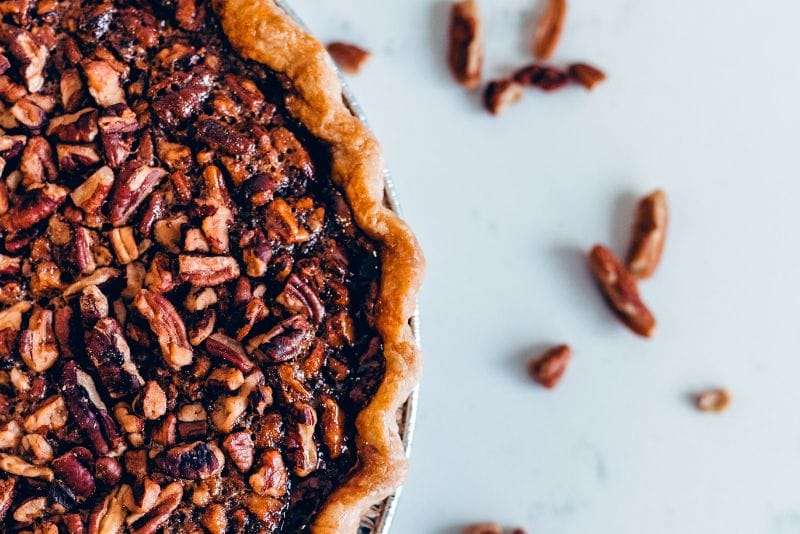SILVERTON, OR — Few foods and beverages have achieved near synonymous association with the verb “to share.”
An after-work beer or a spaghetti noodle enjoyed Lady and the Tramp-style come to mind, but pie is the standout. Slices of pumpkin, apple, cherry and pecan are cut and dispersed amongst family and friends during festive gatherings all year long, a tradition enjoyed by all.
This evergreen indulgence is being baked by pie producers around the country, eager to provide consumers with high-quality slices of all kinds. There are challenges from sheeting and dough handling to sourcing ingredients during a supply chain upheaval, but pie bakeries are pushing onward.
About 75 miles from the coast of Oregon, Willamette Valley Pie Company is one of those bakeries. The Silverton, OR-based business is in the heart of wine country, often deemed one of the best fruit growing regions in the world. The company sources some of that world-class fruit from about 30 local farms in the area, and 20 million pounds of fruit gets cleaned and individually quick-frozen (IQF) at its berry plant each summer.
“In the late ‘90s we started processing that IQF fruit that was being grown on the family farm, and a couple years later we bought local pie manufacturing assets to start that production as a way to vertically integrate,” said Austin Kelly, CEO of Willamette Valley Pie Company. “We have really diversified the company now to where we are focused into that finished dessert category of pies, cobblers and crisps.”











